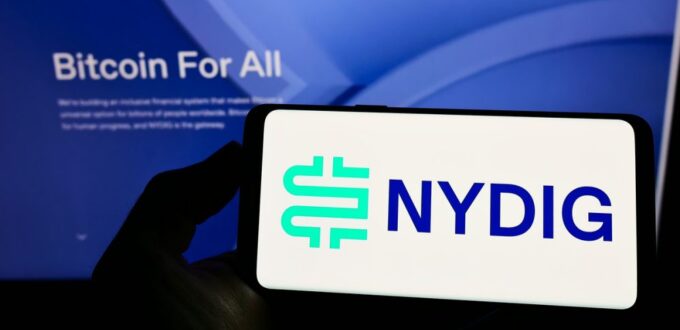Amber Group, a crypto finance startup working in algorithmic trading and digital market making, has acquired DeCurret, a Japan-licensed crypto exchange operator.
As CoinDesk reported Tuesday (Feb. 1), DeCurret is one of 30 crypto-asset exchange service providers registered with the Japanese Financial Services Agency (FSA). The details of the acquisition were not disclosed.
There are lots of exchanges in Japan that have had trouble surviving due to big compliance costs, but DeCurret is leading the design of a digital yen that is backed by 70 of Japan’s biggest companies and banks. Additionally, Amber Group offers borrowing and lending for both institutional and individual investors.
Meanwhile, Crypto.com has debuted its USD Fiat Wallet, which supports early direct deposits for paychecks and government payments, the company announced Monday (Jan. 31).
The company blog post notes that U.S. users will be able to set up the service and get their pay one to three days early. Users who set up direct deposit and complete at least one such deposit of $400 will get $25 worth in CRO, a Crypto.com token, until March 16 this year.
In other news, bitcoin broker NYDIG is rolling out an employee benefit program that will let some workers convert a portion of their paychecks into bitcoin, CoinDesk reported Tuesday.
Employees enrolled in the Bitcoin Savings Plan will be able to choose what percentage of pay they want to convert, and the crypto will then be held in the NYDIG cold storage system.
Crypto exchanges Strike and Coinbase also rolled out similar programs in 2021, although those didn’t make it so an employer had to sign up for a worker to access them.
Finally, Intuit CEO Sasan Goodarzi has said Americans investing in speculative assets like bitcoin or non-fungible tokens (NFTs) could face tax issues, according to a Tuesday Bloomberg report.
In an interview with the outlet, Goodarzi said we’ll “see a lot” of people “not understanding” what they’ve done during the tax season.
“They are shocked as to how much money they’ve lost or how much they owe because they were in essence gambling with their money,” Goodarzi said, adding that there’s “a lot of millennials” who did this without understanding.

No Comments Yet